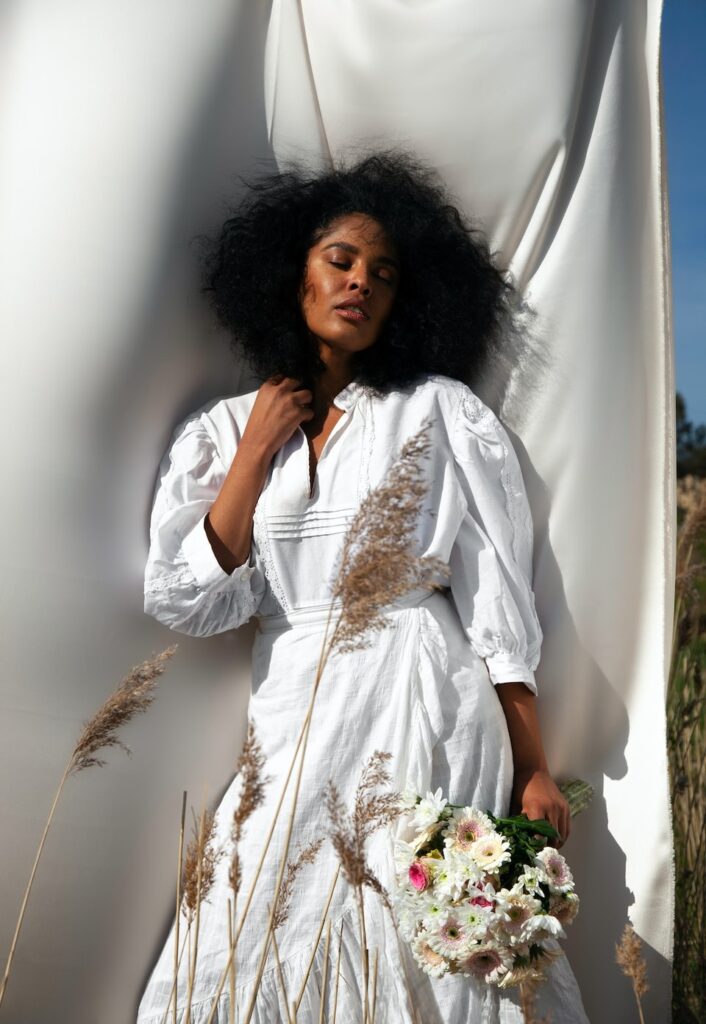In the world of fashion, trends come and go, but the impact of our clothing choices on the environment is a long-lasting one. With the fast-paced nature of the fashion industry, it’s easy to get swept up in the latest trends and purchase items without considering their environmental impact. However, building a sustainable wardrobe is not only better for the planet, but it can also save you money in the long run.
Building a sustainable wardrobe on a budget is definitely achievable with some careful planning and smart choices. Here are some tips to help you create a sustainable wardrobe without breaking the bank:
Assess Your Current Wardrobe
Start by going through your current clothing collection. Identify items you love and wear frequently, and those you hardly wear. This will help you understand your style and preferences better and avoid unnecessary purchases.
2.
Set Priorities
Determine what pieces are missing from your wardrobe and prioritize them. Focus on versatile items that can be mixed and matched to create multiple outfits. This prevents you from spending money on items that won’t be worn often.

Quality Over Quantity
Invest in high-quality, timeless pieces that are made to last. While they might have a higher upfront cost, they can save you money in the long run by not needing frequent replacements.
Second-Hand Shopping
Thrift stores, and online second-hand marketplaces are great places to find affordable, sustainable clothing. You can often find unique items and quality brands at a fraction of their original price.ship.
Minimalism and Capsule Wardrobes
Embrace a minimalist approach by curating a capsule wardrobe. This involves having a limited number of versatile items that can be mixed and matched. This reduces the urge to buy unnecessary clothes.
Natural Fibers
Choose clothing made from natural and sustainable fibers like organic cotton, hemp, bamboo, and Tencel. These materials are eco-friendlier and often more durable.

Ethical and Sustainable brands
Keep an eye out for ethical and sustainable fashion brands that align with your values. They might have sales or discount sections that allow you to buy quality items at a lower cost.
Renting and Borrowing
For special occasions or unique pieces, consider renting clothes instead of buying them. There are many clothing rental services available that allow you to wear something new without committing to a purchase.
Care for Your Clothes
Proper care can extend the lifespan of your clothes. Follow care instructions, wash items less frequently, and mend any small damages to avoid replacing them prematurely.e experiences.

Budget and Plan
Set a clothing budget and stick to it. Plan your purchases in advance and avoid impulse buying.
Accessories and Layering
Accessories can drastically change the look of an outfit. Invest in a few statement accessories to transform basic pieces into stylish ensembles.
Remember, building a sustainable wardrobe is a gradual process. Focus on making thoughtful and intentional choices, and over time, you’ll create a collection of clothing that reflects your style, values, and budget.





It’s so educative
I have learnt a lot to apply and get good results.kudos